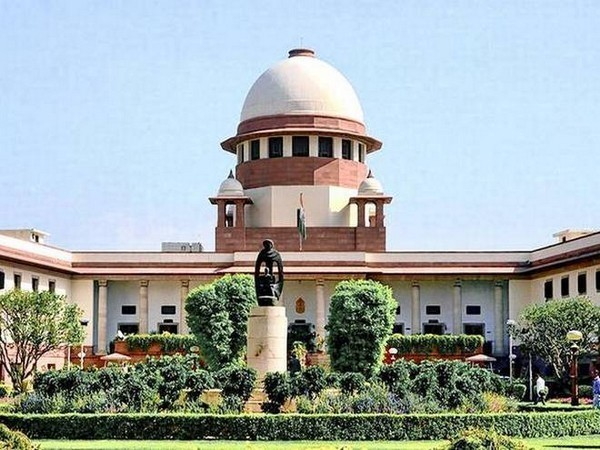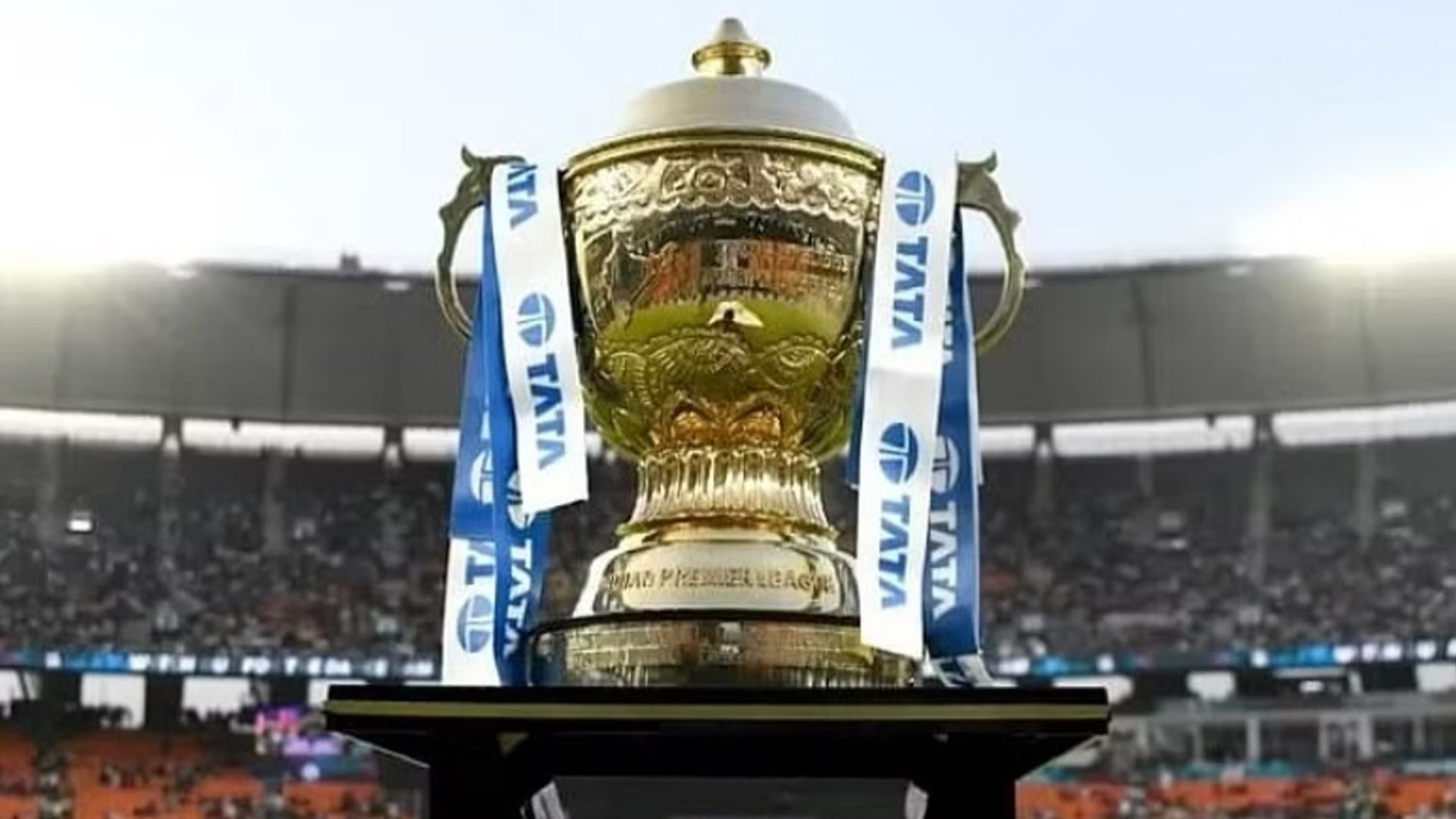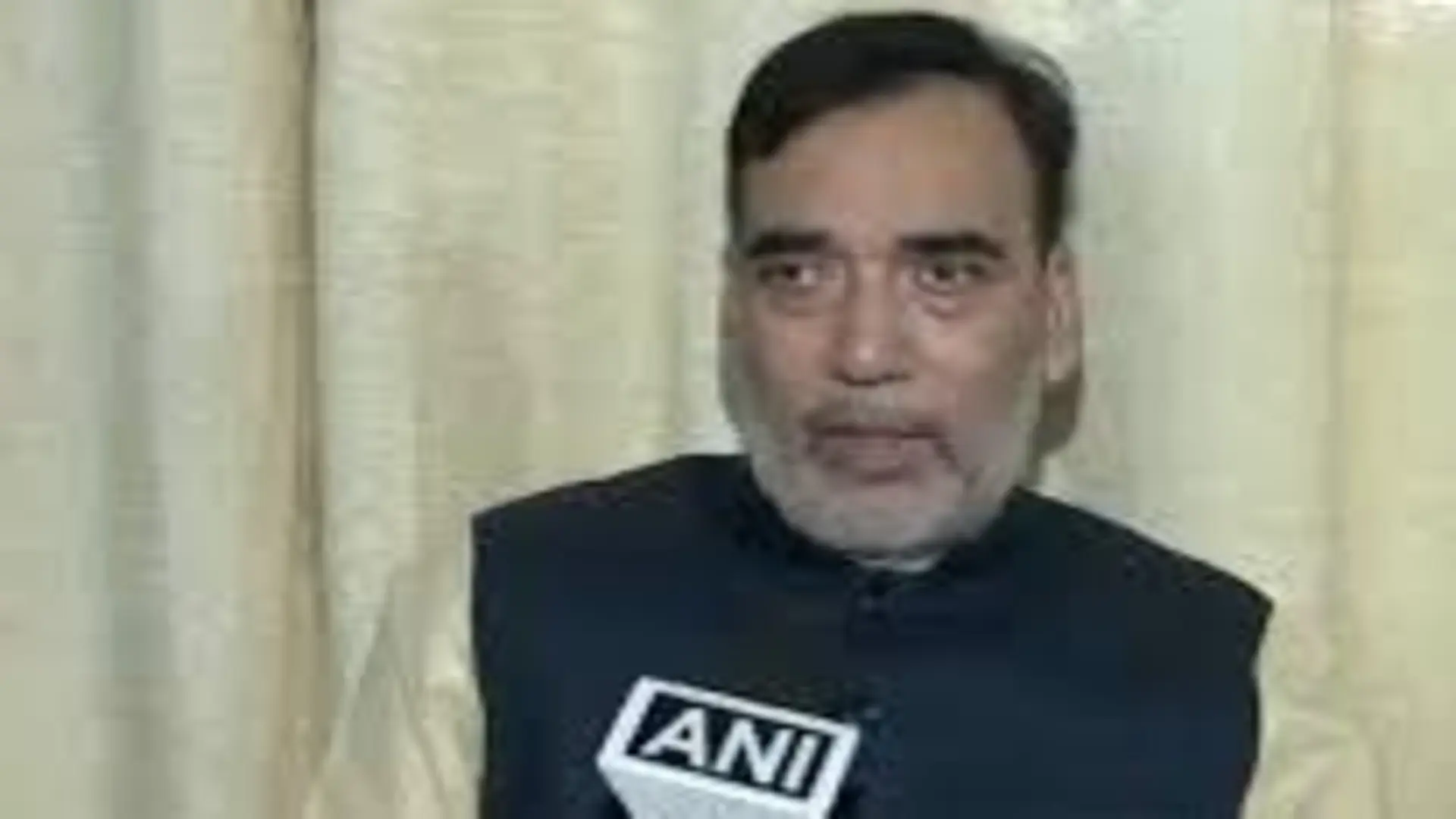
It is most significant to note that the Apex Court while ruling on a very pertinent legal point pertaining to the duty of advocates to verify facts from the case records in a most learned, laudable, landmark and latest judgment titled Saumya Chaurasia vs Directorate of Enforcement in Criminal Appeal No. 3840 of 2023 @ Special Leave Petition (Crl.) No. 8847/2023 and cited in Neutral Citation No.: 2023 INSC 1073 in the exercise of its criminal appellate jurisdiction that was pronounced as recently as on December 14, 2023 has minced just no words absolutely to hold unequivocally that advocatessettle pleadings and argue in court on instructions given by the clients, they have also the duty to diligently verify the facts from the records of the case. It must be also mentioned here that the Apex Court made this observations in this learned judgment rejecting the bail plea of Saumya Chaurasia who is the former Deputy Secretary to the ex-Chief Minister of Chhattisgarh – Bhupesh Baghel in a money laundering case. While holding that the petitioner was not entitled to bail, the Court also as punishment imposed an extraordinary cost of one lakh for making incorrect statements in the appeal to which it took strongest objection and thus for misleading the Court imposed such a heavy fine. The cost was directed by the Court to be deposited before the Supreme Court Legal Services Authority. We thus see that the bottom-line of this notable judgment is that though advocates settle the pleadings and argue on the clients instructions, they also have a duty to verify facts from case records. At the very outset, this commendable, cogent and convincing judgment authored by Hon’ble Ms Justice Bela M Trivedi for a Bench of the Apex Court comprising of Hon’ble Mr Justice Aniruddha Bose and herself sets the ball in motion by first and foremost putting forth in para 2 that, “The order dated 23.06.2023 passed by the High Court of Chhattisgarh at Bilaspur in Miscellaneous Criminal Case No. 1258/2023 is assailed by way of present Appeal, whereby the High Court has dismissed the bail application filed by the appellant under Section 439 ofCr.P.C. The appellant was arrested on 02.12.2022 in connection with theCrime No. ECIR/RPZ0/09/2022 dated 29.09.2022, registered at thePolice Station/Investigating Agency – Directorate of Enforcement, Zonal Office Raipur, Chhattisgarh, for the offences punishable under Sections 186, 204, 353, 384, 120-B of IPC read with Sections 3 and 4 of Prevention of Money Laundering Act, 2002 (for short “PML Act”).” To put things in perspective, the Bench envisages in para 3 that, “Shorn of unnecessary details, facts in brief as emerging from the record, may be stated as under:
Dates Particulars
30.06.2022 A search and seizure action under Section 132 of the Income Tax Act was carried out against anindividual named Suryakant Tiwari, who was at the time of search and seizure found at Room No. 664, Hotel Sheraton Grand, Whitefield, Bengaluru. 12.07.2022 Shri Pakkiresh Badami, Deputy Director of Income Tax Investigation, lodged an FIR being FIR No. 129/2022 at Kadugodi Police Station, Bengaluru city, against the said Suryakant Tiwari for the offences under Sections 186, 204, 120-B and 353 of the Indian Penal Code, 1860.
Later Section 384 of IPC was added on 03.09.2022.
29.09.2022 Directorate of Enforcement (hereinafter referred to as the “ED”) registered an ECIR bearing No. RPZO/09/2022 on the basis of the said FIR registered against the said accused – Suryakant Tiwari. 02.12.2022 The appellantSaumya Chaurasia, who happened to be the Deputy Secretary, in the office of the Chief Minister, Chhattisgarh, came to be arrested under the said ECIR. She was remanded to ED custody till 06.12.2022, which came to be extended till 10.12.2022 by the Special Court. 09.12.2022 ED filed the Prosecution Complaint ag a i n st t h e ac c u s e dSuryakant Tiwari for the offence under Section 3 punishable under Section 4 of the PMLA. 14.12.2022 The ED sought judicial custody of the appellant for fourteen days, however, the Special Court granted the judicial custody initially for five days, which subsequently came to be extended from time to time at the instance of the ED till 27.01.2023. 13.01.2023 The appellant filed an application under Section 437 of Cr.P.C. read with Sections 45 & 65 of the PMLA in the court of IVth Additional Sessions Judge (Special Judge, PMLA) at Raipur, Chhattisgarh (hereinafter referred to as the ‘Special Court’). 20.01.2023 The Special Court rejected the bail application of the appellant. 30.01.2023 ED filed a supplementary complaint naming the appellant amongst others as the accused. 10.02.2023 The appellant filed a Bail Application being No. 1258 of 2023 before the High Court of Chhattisgarh at Bilaspur. 17.04.2023 The arguments were advanced by the learned counsels for the parties, and the bail application was reserved for orders by the High Court. 08.06.2023 When the judgment in the bail application was awaited in the High Court, the Karnataka Police filed the charge-sheet against the accused – Suryakant Tiwari in respect of the FIR No. 129/2022 for the offence under Sections 204 and 353 of IPC, clarifying therein that “accused found to have committed offence under Section 384 of IPC with his henchmen at Chhattisgarh State for which the report would be prayed to Chhattisgarh Police through proper channel……..”. 16.06.2023 The Additional Chief Judicial Magistrate, Bengaluru, took cognizance under Sections 204 and 353 of the IPC on the chargesheet submitted against the Suryakant Tiwari by the Karnataka Police. 23.06.2023 The High Court of Chhattisgarh at Bilaspur rejected the bail application of the appellant. 27.06.2023 The complainant- Mr. Badami of the FIR No. 129/2022 filed a protest petition under Section 173(8) of the Cr.P.C. against the final report submitted by the Karnataka State Police through Kadugodi Police Station and prayed for the completion of the investigation of offences under Sections 120-B and 384 of the IPC seeking permission to further investigate the matter and file supplementary charge-sheet under the scheduled offences of PMLA.” As we see, the Bench then discloses in para 4 that, “The appellant being aggrieved by the impugned order dated 23.06.2023 passed by the High Court of Chhattisgarh, has preferred this appeal under Article 136 of the Constitution of India.” Do note, the Bench notes in para 5 that, “Curiously, the appellant at various places in the synopsis of the list of dates and events and in the memorandum of SLP has raised a grievance that the High Court in the impugned order had failed to appreciate that there was no scheduled offence which was made out against the appellant, as the scheduled offences under Section 384 and 120-B of IPC were already dropped from the Chargesheet dated 08.06.2023 filed by the Investigating Officer against the accusedSuryakant Tiwari, and the Additional Chief Judicial Magistrate, Bengaluru, also had taken cognizance of the offences under Sections 204 and 353, IPC only vide order dated 16.06.2023. The appellant also had framed the questions of law ‘C’ & ‘E’ and had raised the grounds ‘C’ & ‘D’ in that regard in the SLP for assailing the impugned order, emphasizing that the High Court had committed gross error in not considering the said Chargesheet dated 08.06.2023 and the Cognizance order dated 16.06.2023.” Most significantly, the Bench minces just no words to mandate in para 14 that, “It cannot be gainsaid that every party approaching the court seeking justice is expected to make full and correct disclosure of material facts and that every advocate being an officer of the court, though appearing for a particular party, is expected to assist the court fairly in carrying out its function to administer the justice. It hardly needs to be emphasized that a very high standard of professionalism and legal acumen is expected from the advocates particularly designated Senior advocates appearing in the highest court of the country so that their professionalism may be followed and emulated by the advocates practicing in the High Courts and the District Courts. Though it is true that the advocates would settle the pleadings and argue in the courts on instructions given by their clients, however their duty to diligently verify the facts from the record of the case, using their legal acumen for which they are engaged, cannot be obliviated.” Be it noted, the Bench notes in para 24 that, “The use of the expression “may be” in the first proviso to Section 45 clearly indicates that the benefit of the said proviso to the category of persons mentioned therein may be extended at the discretion of the Court considering the facts and circumstances of each case, and could not be construed as a mandatory or obligatory on the part of the Court to release them. Similar benevolent provision for granting bail to the category of persons below the age of sixteen years, women, sick or infirm has been made in Section 437 Cr.P.C. and many other special enactments also, however by no stretch of imagination could such provision be construed as obligatory or mandatory in nature, otherwise all serious offences under such special Acts would be committed involving women and persons of tender age below 16 years. No doubt the courts need to be more sensitive and sympathetic towards the category of persons included in the first proviso to Section 45 and similar provisions in the other Acts, as the persons of tender age and women who are likely to be more vulnerable, may sometimes be misused by the unscrupulous elements and made scapegoats for committing such Crimes, nonetheless, the courts also should not be oblivious to the fact that nowadays the educated and well placed women in the society engage themselves in the commercial ventures and enterprises, and advertently or inadvertently engage themselves in the illegal activities. In essence, the courts should exercise the discretion judiciously using their prudence, while granting the benefit of the first proviso to Section 45 PMLA to the category of persons mentioned therein. The extent of involvement of the persons falling in such category in the alleged offences, the nature of evidence collected by the investigating agency etc., would be material considerations.” It is worth noting that the Bench notes in para 25 that, “In the instant case as discussed hereinabove, there is sufficient evidence collected by the respondent Enforcement Directorate to prima facie come to the conclusion that the appellant who was Deputy Secretary and OSD in the Office of the Chief Minister, was actively involved in the offence of Money Laundering as defined in Section 3 of the PMLA. As against that there is nothing on record to satisfy the conscience of the Court that the appellant is not guilty of the said offence and the special benefit as contemplated in the proviso to Section 45 should be granted to the appellant who is a lady.”
Please read concluding on link4din.com/guardians-numeric-wisdom















